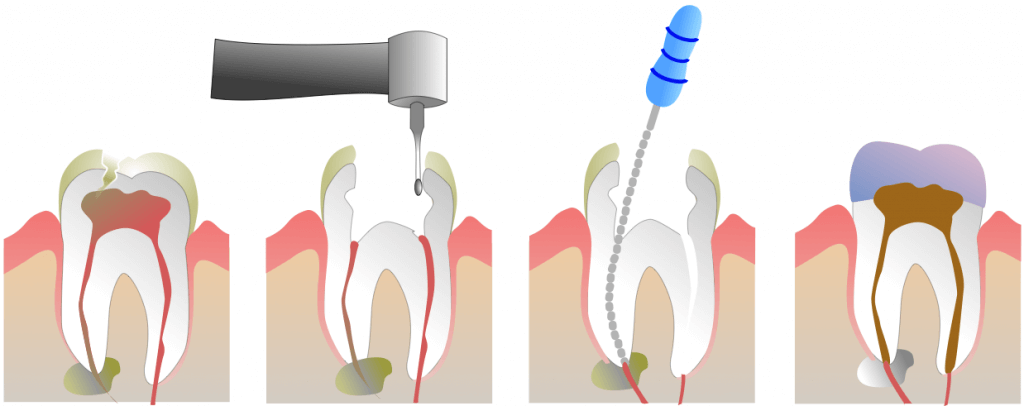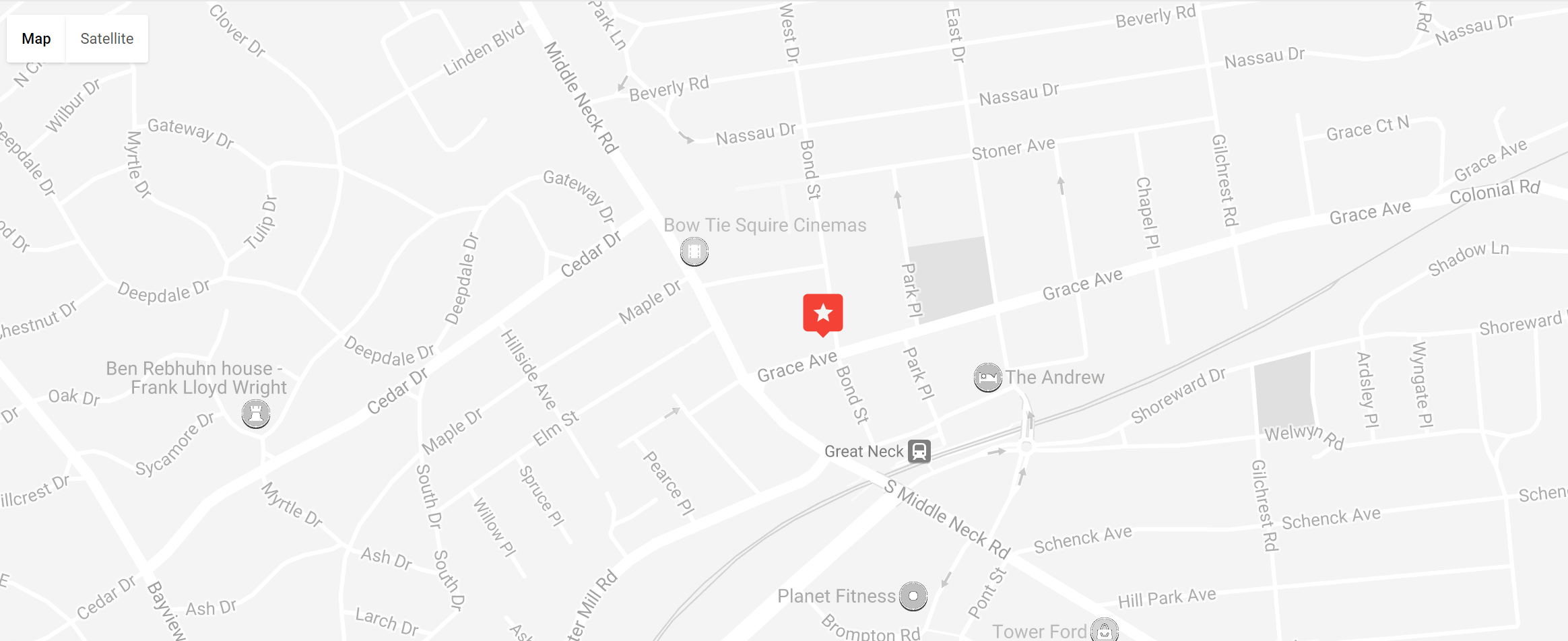Clarification on some Root canal terms!
Glossary
Pulp: Deep inside each of your teeth, underneath the white enamel exterior, is the pulp. Pulp is tissue helps the tooth grow. It also gives the tooth the ability to perceive hot and cold and vibration. Pulp and nerve is good because small cavities can recalcify and solve themsleves but only if the tooth is alive and has not had a root canal. Pulp can become inflamed or infected from deep decay, repeated dental procedures on the same tooth, or a crack or chip in the tooth.
Crown: A crown is the procedure that strengthens a hollowed out tooth. A crown is necessary after you get a root canal to protect the tooth after the dead tissue has been scraped out during the root canal. You’ll need a crown after your root canal so that you can bite on your tooth and use it normally after a root canal.
Root Canal: A procedure done by a dentist that saves a dead or dying tooth by “mummifying it” — essentially, scraping out the dead issue inside so that the outer portion of the tooth (the white enamel, and the root of the tooth which lives inside your gum) can stay in your mouth, instead of having to be taken out entirely.
Irreversible and reversible pulpitis: Pulpitis is inflammation of dental pulp tissue. If the pulpitis pain is irreversible, this might indicate more serious damage than if the pulpitis pain is reversible.
Endodontist: A dentist who specializes in root canals and procedures that preserve infected or diseased teeth.
Abscess: Essentially a hole in the jawbone. Bone won’t grow in the area around an infection, so this shows up as a dark space on the x-ray.
Percussion sensitivity: Tooth sensitivity, tenderness, or pain when you tap on the tooth.
Hot and cold sensitivity: Just like what it sounds like — this refers to whether your teeth are sensitive to hot or cold drinks.
Lingering and non-lingering pain: Pain that “lingers” (stays around) or does not linger (pain that goes away) are indicators your dentist will use to help determine if you need a root canal or not. When pain is lingering, this means that the tooth isn’t able to recover. When pain is non-lingering, this is a sign that the tooth is able to recover.






